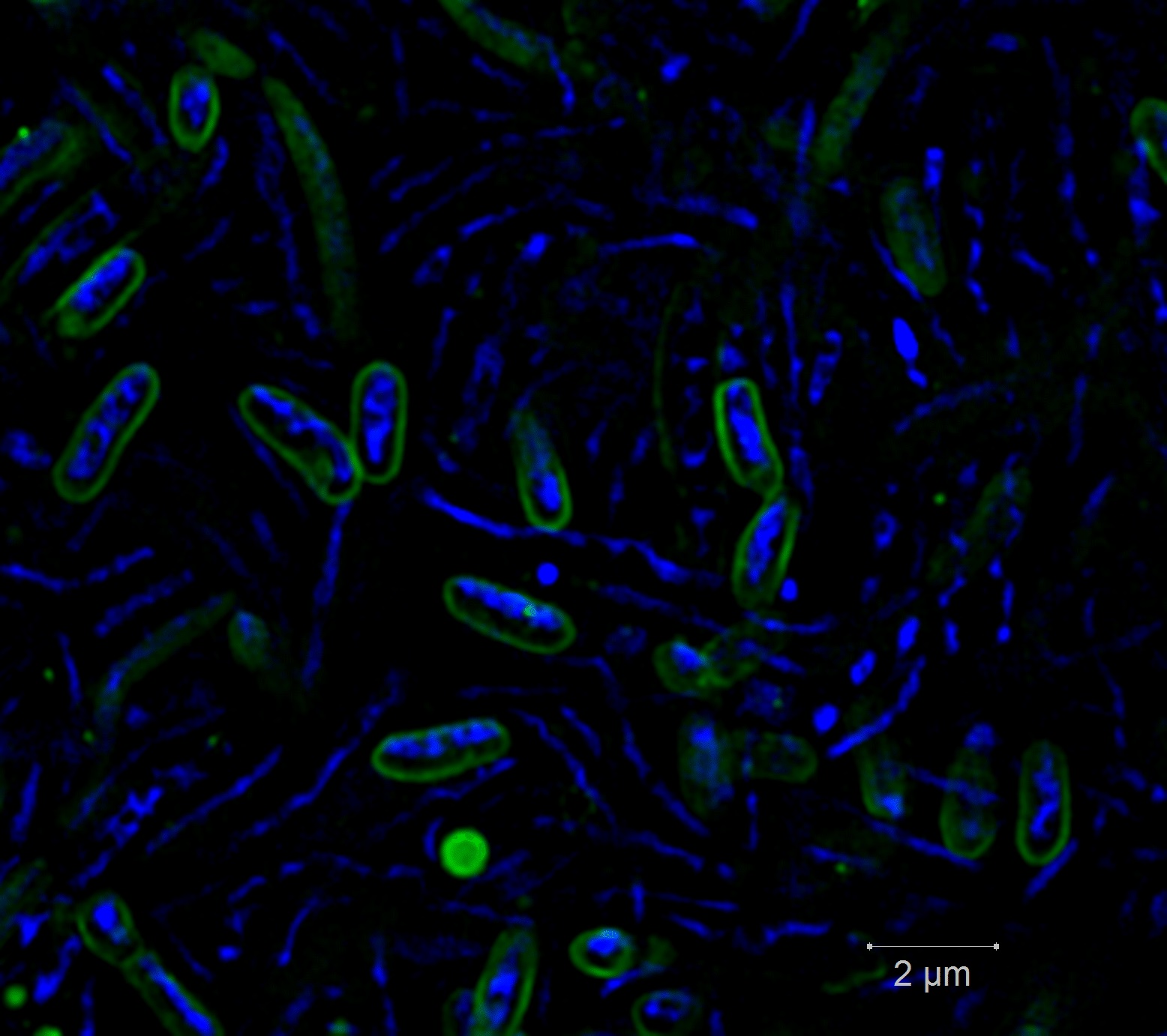- Press Office
- Press releases
- New Emmy Noether Junior Research Group
New Emmy Noether Junior Research Group on the Degradation of Complex Sugars by Marine Bacteria
Despite their size, tiny microorganisms in the sea, which live in microbial communities, have a big impact. Their ability to regulate nutrients in the water has a major impact on the global climate and is, therefore, of particular interest. A key function of marine microorganisms is the breakdown of sugars. Sugars play an important role in supplying energy and contributing to the normal function of living organisms.
While the biochemical processes of sugar degradation are well understood, knowledge about the specific metabolic mechanisms and the impact microorganisms have on sugars is limited: “At the moment, researchers studying microorganisms are mainly looking at their DNA – the genetic blueprint – to find out whether they are able to break down certain sugars. They can't yet tell whether these abilities are actually used in a specific environment and at a specific time,” explains marine biologist Dr. Greta Reintjes, the new Emmy Noether group leader at the University of Bremen.
The Microbial-Carbohydrate Interactions Group (MiCarb) research group studies microorganisms in their natural environment to investigate the metabolism of sugars, focusing on four questions: How do these tiny organisms process sugars, and what mechanisms play a role? How quickly and actively do they carry out these processes in their natural environment? Do the microorganisms cooperate or compete with each other? How does their behavior during foraging affect the carbon cycle in the oceans?
The interdisciplinary project will use a variety of techniques with a special focus on characterizing microorganisms (phenotyping). According to Reintjes, the project’s goal is “to understand the mechanisms of sugar degradation and to measure metabolic activities of microorganisms at different times in different ecosystems. The scientific findings of this project will give us a deep insight into the effects of the activities of individual microorganisms on the structure and functions of microbiomes and help us better understand the functions of ecosystems.”
The Emmy Noether Program of the German Research Foundation (DFG) enables highly qualified scientists to prepare for a university professorship by leading a research group. It is named after Emmy Noether, an eminent German mathematician and physicist who made important contributions to algebra and theoretical physics in the early 20th century.

